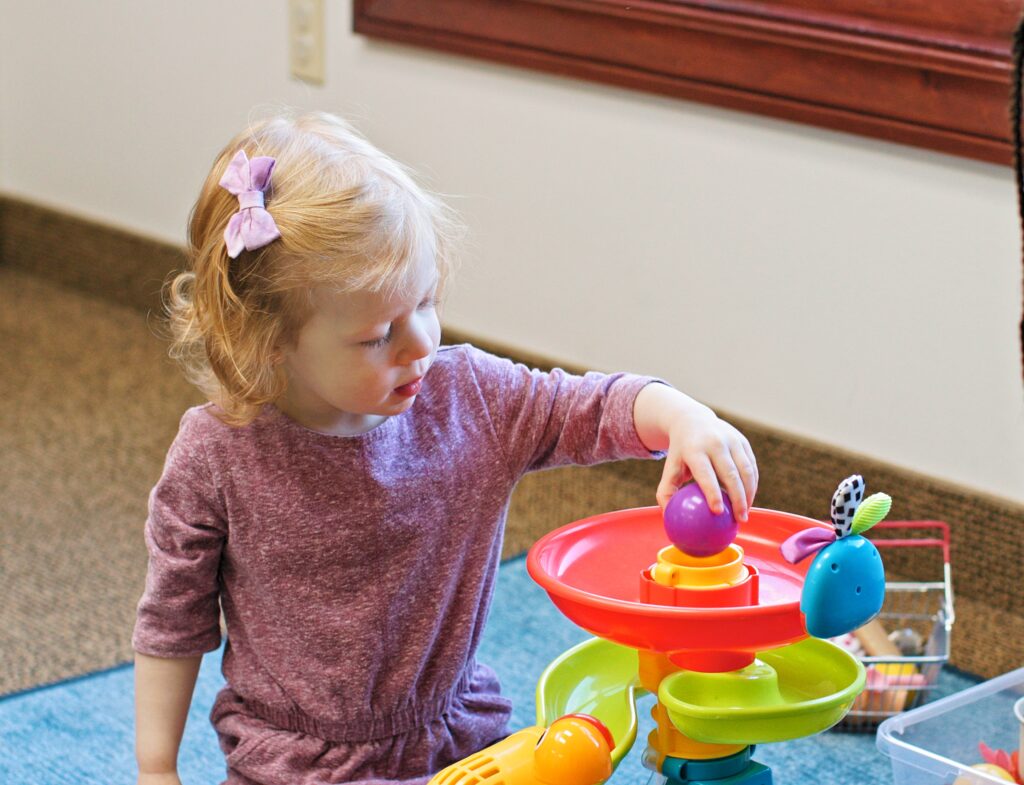How ABA Therapy in Mason Supports Child Development
페이지 정보
작성자 Pedro 댓글 0건 조회 8회 작성일 25-05-21 01:24본문
 Building Organizational Skills
Building Organizational SkillsOrganization can be challenging for children with autism or developmental delays. ABA Therapy focuses on developing skills such as keeping personal items in order, following a daily routine, and managing time. By breaking these tasks into manageable steps, children gain the ability to manage their environment and stay organized.
 Fostering Greater Independence
Fostering Greater IndependenceThe ultimate aim of ABA Therapy in Mason is to foster greater independence for children. As children acquire new skills and overcome behavioral challenges, they become more capable of managing tasks on their own. This increased independence improves their quality of life, boosts their self-confidence, and reduces the level of dependence on caregivers.
Reducing Problematic Behaviors
ABA Therapy focuses on identifying and reducing problematic behaviors that hinder progress, such as aggression, tantrums, or self-injury. By understanding the underlying causes and applying appropriate interventions, therapists help children develop healthier coping mechanisms and replace negative behaviors with positive ones, enhancing their ability to engage with their environment.
 Teaching Daily Living Skills
Teaching Daily Living SkillsOne of the key goals of ABA Therapy in Mason is teaching children vital daily living skills. These can include everything from brushing teeth and getting dressed to following basic routines and handling chores. By breaking down each task into smaller steps, therapists help children achieve independence and boost their self-esteem as they gain mastery.
 Mastering Self-Care Tasks
Mastering Self-Care TasksABA Therapy in Mason teaches children essential self-care skills such as brushing teeth, dressing, and using the bathroom independently. Through consistent practice and positive reinforcement, Autism children learn to complete these tasks on their own, leading to increased self-sufficiency and reduced reliance on caregivers.
 Improving Social Interactions
Improving Social InteractionsSocial skills are often challenging for children with developmental delays. ABA Therapy in Mason helps children learn how to interact with peers and adults by focusing on behaviors like turn-taking, eye contact, and understanding social cues. These skills improve a child’s ability to build friendships and integrate into group activities, promoting social success.
 ABA Therapy’s Impact on Daily Living Skills
ABA Therapy’s Impact on Daily Living SkillsABA Therapy in Mason plays a significant role in helping children gain independence by teaching daily living skills such as dressing, eating, or personal hygiene. These skills are broken down into small, manageable steps and reinforced through repetition and positive feedback. Therapists work with children to practice these tasks in real-world settings, ensuring they are prepared to handle everyday challenges. As children become more proficient in these skills, they gain confidence in their abilities and experience a sense of achievement. Mastering daily living skills not only improves the child’s independence but also reduces the reliance on caregivers, fostering a sense of accomplishment and self-reliance.
 Tracking Progress and Adjusting Goals in ABA Therapy
Tracking Progress and Adjusting Goals in ABA TherapyIn ABA Therapy in Mason, tracking progress is essential for ensuring that therapy remains effective and aligns with each child’s unique needs. Therapists regularly collect data on behaviors, skills, and goals, measuring both short-term and long-term progress. This data-driven approach allows therapists to identify areas where a child excels and where further support may be needed. Based on the results, therapists adjust the goals to reflect new challenges and continue building on previous successes.
 The Role of ABA Therapy in Child Development in Mason
The Role of ABA Therapy in Child Development in MasonABA Therapy in Mason plays a vital role in fostering child development by using evidence-based methods to teach essential life skills. It focuses on encouraging positive behaviors and minimizing those that may hinder progress. The therapy is highly individualized, allowing children to learn at their own pace while targeting specific developmental goals. This approach is designed to support children in various areas, including communication, social skills, and everyday tasks. With the guidance of trained professionals, ABA Therapy in Mason helps children build confidence, reduce challenging behaviors, and improve their ability to interact with the world around them, ensuring long-term success in school, social settings, and beyond.
 Promoting Independence in Meal Preparation
Promoting Independence in Meal PreparationOne of the key life skills taught through ABA Therapy is meal preparation. Children learn how to prepare simple meals, understand portion sizes, and practice proper hygiene during food preparation. This skill not only fosters independence but also helps children feel more involved in family activities, promoting a sense of accomplishment.
 How ABA Therapy Helps Improve Communication Skills
How ABA Therapy Helps Improve Communication SkillsA core focus of ABA Therapy in Mason is improving communication skills, which are often a challenge for children with autism and developmental delays. The therapy uses a range of strategies to enhance verbal and non-verbal communication, from teaching basic words and phrases to using picture boards or sign language. Through positive reinforcement, children are encouraged to make requests, express their feelings, or interact with others. As children advance, more complex forms of communication are targeted, ensuring they can express their needs and understand others. By fostering these skills, ABA Therapy in Mason helps children feel more confident in their interactions and supports greater independence in daily life.
댓글목록
등록된 댓글이 없습니다.